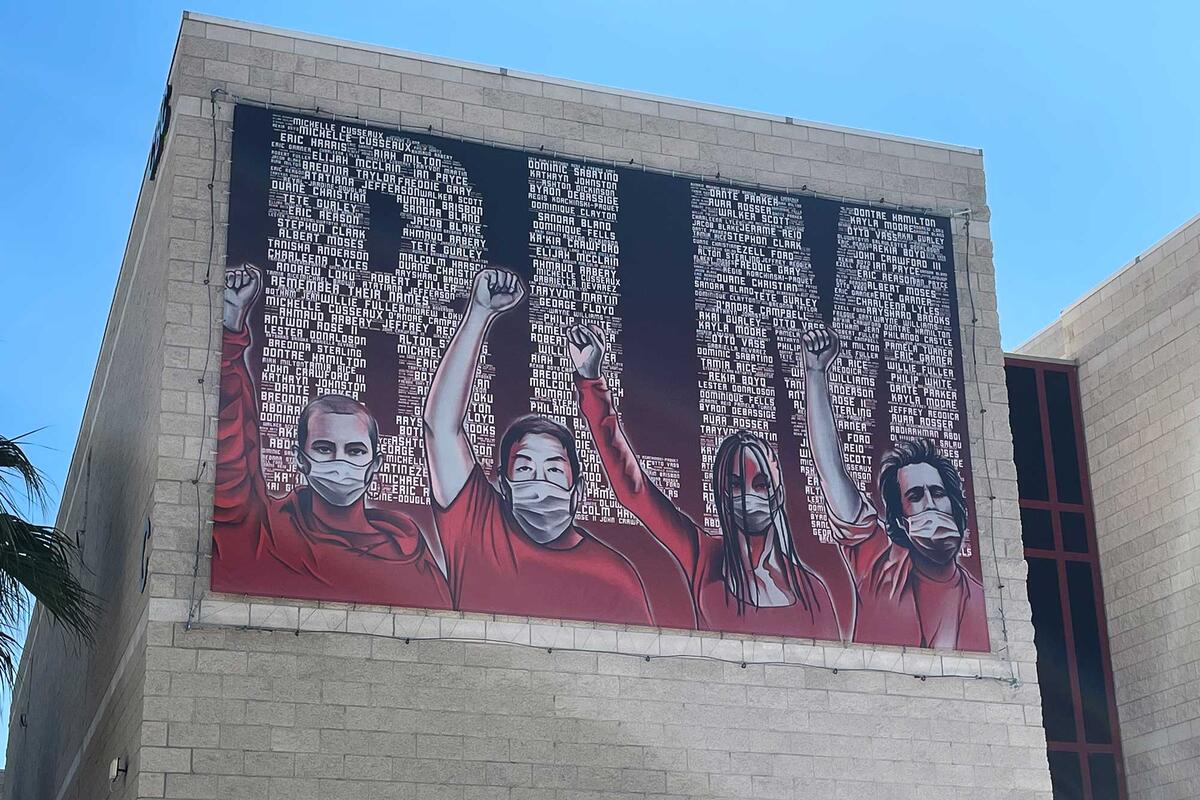
Tips on Creating an Inclusive Learning Environment
The most important things we do to foster student success and help our students progress towards graduation happen in the classroom. Here are some tips on what you can do to create an inclusive learning environment, and some campus resources you can refer students to in order to provide our full support.
- Explicitly articulate assessment criteria. Share grading rubrics. Offer students multiple low-stakes opportunities for demonstrating learning.
- Provide timely, clear and actionable feedback that helps students take ownership of their learning.
- Establish community agreements and discussion guidelines. Work with students to create those guidelines to promote an inclusive learning environment.
- .Provide examples of exemplary work. Use those examples to communicate expectations, facilitate understanding, demonstrate discipline-specific skills and help articulate assessment expectations and standards.
- Build instructor-student rapport. Make a point of learning students’ names (and how to pronounce them) and get to know students through in-class surveys and activities, office hours, and online chats. Share your passions, interests and personal learning process with students.
- Build student-student rapport. Encourage students to work in pairs or groups and share learning experiences.
- Treat each student as an individual. Do not expect them to speak for an entire demographic group or make suppositions about their membership in one. Ask for preferred pronouns.
- Avoid making assumptions about students’ abilities based on stereotypes. Be aware of those stereotypes and work to not perpetuate them.
- Address challenging classroom behaviors and attitudes, such as microaggressions and offensive and alienating comments. Make it a teachable moment, asking students to reflect critically on assumptions and positions without attributing motives.
- Provide multiple means of representation and supporting materials (illustrations, glossaries, etc.). Use a variety of modalities and adjustable formats.
- Provide multiple means of action and expression. Offer a range of assessments for students to demonstrate learning and frequent opportunities for feedback on progress.
- Provide multiple means of engagement. Encourage learner autonomy with choice of topics or assignment formats. Invite students to co-design elements of classroom activities or assignments.
In 5 Principles as Pathways to Inclusive Teaching, Soulaymane Kachani, Catherine Ross and Amanda Irvin offer concrete strategies that are guided by research to use in the classroom.
From How to Make Your Teaching More Inclusive: Advice Guide: “This guide is for any faculty member who believes, as we do, that education can be an equalizer. We share tips here that any instructor can use to minimize inequities and help more students succeed. We’re not suggesting a complete redesign of your courses, but more of an overlay to your current teaching practices.”
Offices for Referrals
The Office of Student Diversity Programs advocates with a diverse student population to amplify and affirm students’ identities through an intersectional framework. We are a student-centered office committed to educating, empowering, and developing UNLV students as leaders to recognize and address societal injustices.